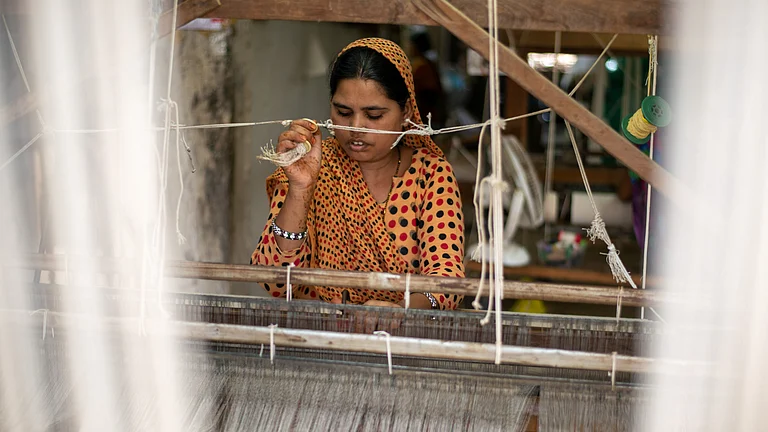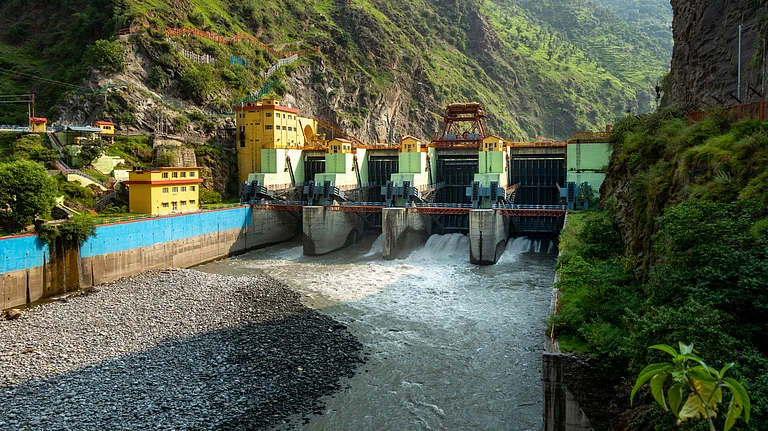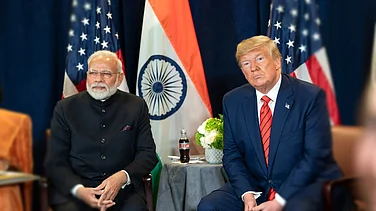The heavy industries ministry has initiated an enquiry into alleged lapses by officials that led to seven electric two-wheeler makers claiming incentives while not adhering to the Faster Adoption and Manufacturing of Electric Vehicles (FAME-II) scheme norms.
Secretary in the ministry Kamran Rizvi said the probe also covers officials of validation and testing agencies Automotive Research Association of India (ARAI) and International Centre for Automotive Technology (ICAT), and its findings are expected in a month's time.
Corrective steps will be initiated once the probe's findings are out, he said, adding that these could be against people also and some systems may also have to be corrected.
Following complaints that 13 companies were importing components substantially for their electric vehicles in violation of norms under FAME-II, the heavy industries ministry had asked ARAI and ICAT to examine if Phased Manufacturing Programme localisation guidelines were being followed by these firms.
"We are enquiring into the lapses, if any, by all officials involved in the process," Union Heavy Industries Minister Mahendra Nath Pandey told reporters.
In May, an official said the government will issue notices to more companies that have been found violating localisation norms under the Rs 10,000-crore FAME-II scheme seeking to debar them and recover incentives claimed by them since 2019-20.
A few months later, another senior official said the government was exploring legal options against electric two-wheeler companies for not complying with FAME-II norms.
According to the official, notices were sent to the companies, and so far only Revolt Motors has offered to refund the amount.
The Centre has sought Rs 469 crore from seven electric two-wheeler makers for claiming incentives but not adhering to FAME-II norms. The government is seeking a refund of incentives from Hero Electric, Okinawa Autotech, Ampere EV, Revolt Motors, Benling India, Amo Mobility and Lohia Auto.
Earlier, addressing an event organised by the ministry on promoting localisation, Pandey stated that high standard and high tech localisation is necessary to become global suppliers.
The minister said that Prime Minister Narendra Modi had given to the people the basic mantra of self-reliant India and set the goal of producing all the goods required for the country locally.
"We have achieved success to a great extent in motivating the industry to do so," he added.
The minister mentioned that the automotive sector has also made significant efforts towards technology upgradation with the implementation of PLI scheme for automobiles and auto components.
He added that the path to meet the growing demand for advanced technologies and auto electronics lies through a self-reliant India, in which the PLI scheme is helpful.
Pandey said, “Be it the PLI scheme launched by the ministry to promote localisation or schemes like FAME, India is moving forward at a fast pace towards a strong economy. Capital Goods Scheme and schemes being run to promote manufacturing, all have the same aim that we should manufacture international level products in the country and create employment for our youth”.


























.jpg?w=200&auto=format%2Ccompress&fit=max)




